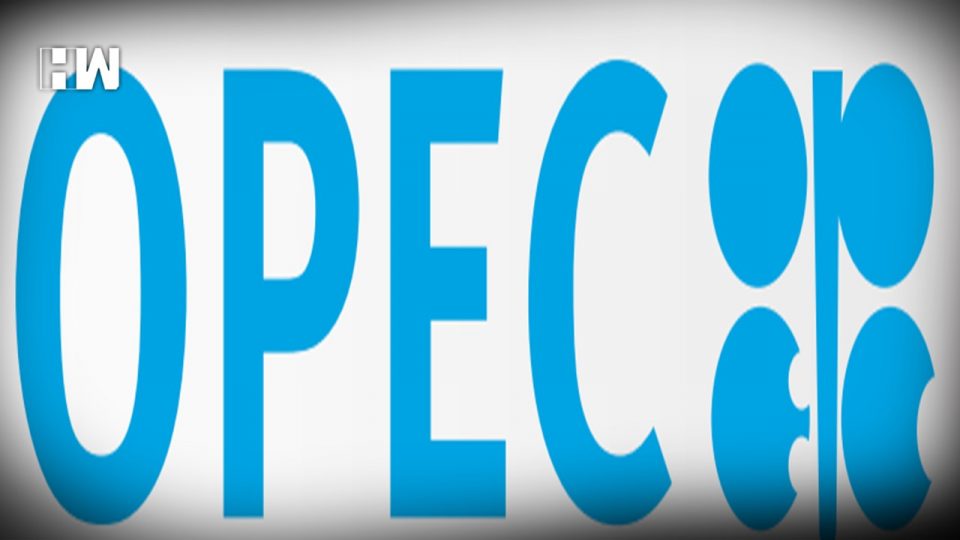OPEC meets Russia and other allies on Saturday to fix a new deal on raising oil output, a day after agreeing on a production hike within the group itself but confusing the market as to how much more oil it will pump. The Organization of Petroleum Exporting Countries announced its OPEC-only agreement on Friday but gave no clear output targets. Russia and other non-OPEC oil producers will now meet in a bid to secure their participation in the pact.
Index, Brent oil rose by $2.5 or 3.4 per cent on Friday to $75.55 a barrel. U.S. President Donald Trump was among those wondering how much more oil the countries could deliver. “Hope this will will increase output substantially. Need to keep prices down!” Trump wrote on Twitter after OPEC announced its decision. The United States, China, and India had urged oil producers to release more supply to prevent an oil deficit that could undermine global economic growth.
OPEC, in a statement, said that it would raise supply by returning to 100 per cent compliance with previously agreed output cuts, but gave no concrete figures. Saudi Arabia said the move would translate into a nominal output rise of around 1 million barrels per day (bpd), or 1 percent of global supply, for OPEC and non-OPEC producers. Iraq said the real increase would be around 770,000 bpd because several countries that had suffered production declines would struggle to reach full quotas. Iran said the real increase could amount to as little as 500,000 bpd.
Russian Energy Minister Alexander Novak said on Saturday he was happy with the decision even though he had previously pushed countries and non-OPEC to raise output by as much as 1.5 million bpd. “At this stage, the 1 million is quite rational,” he told reporters after arriving in Vienna, where OPEC is headquartered.
Iran, OPEC’s third-largest producer, had demanded the countries reject calls from Trump for an increase in oil supply, arguing that he had contributed to a recent rise in prices by imposing sanctions on Iran and fellow member Venezuela. Trump slapped fresh sanctions on Tehran in May and market watchers expect Iran’s output to drop by a third by the end of 2018. That means the country has little to gain from a deal to raise the output, unlike top oil exporter Saudi Arabia. By not setting individual targets, the deal appeared to give Saudi Arabia the leeway to produce more than its previous OPEC quota and fill the gap left by those such as Venezuela who cannot pump enough to meet their official allocation.
Saudi Energy Minister Khalid al-Falih has warned the world could face a supply deficit of up to 1.8 million bpd in the second half of 2018. “Both Saudi and Iran can show that they won,” an OPEC delegate said. “Zanganeh can go back to his country and say ‘I won’, because we are keeping the original agreement unchanged. Falih can go back and say ‘we will be able to raise production to meet market needs’.”
As an independent media platform, we do not take advertisements from governments and corporate houses. It is you, our readers, who have supported us on our journey to do honest and unbiased journalism. Please contribute, so that we can continue to do the same in future.

